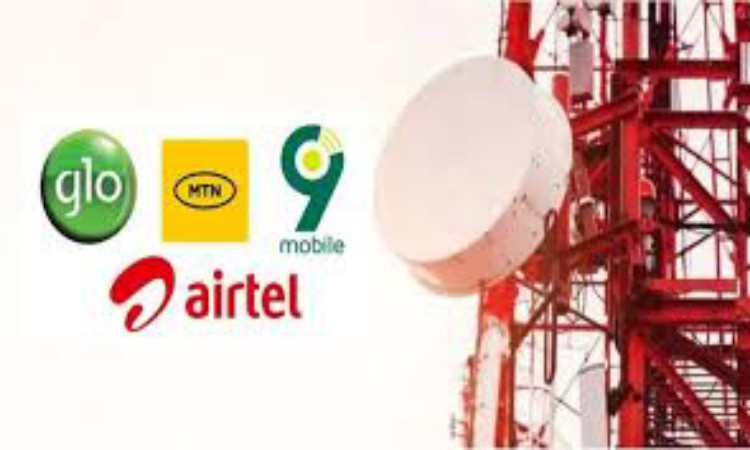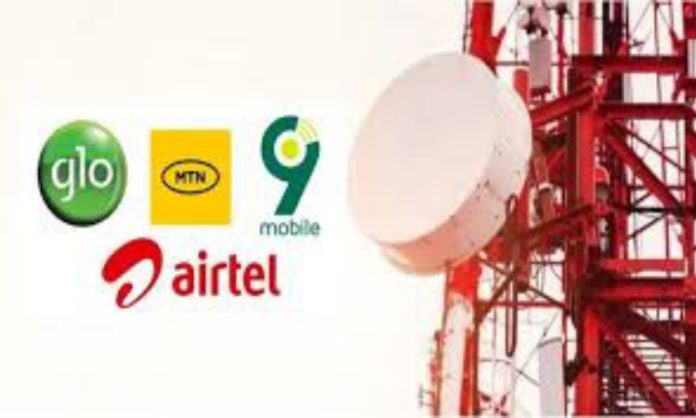By Segun Ojumu
The Nigerian telecom industry has been a significant contributor to the country’s economic growth, providing essential services to millions of citizens.
According to Statista, revenue in the Communication Services market in Nigeria is projected to reach US$20.0bn in 2025. Mobile Data dominates the market with a projected market volume of US$13.4bn in 2025. Future prospects equally remain good with revenue expected to show an annual growth rate (CAGR 2025-2029) of 5.58%, resulting in a market volume of US$24.9bn by 2029.
However, the sector faces substantial operational challenges, including rising costs, infrastructure vandalism, and the need for continuous investment in network expansion and upgrades. In light of these challenges, telecom companies have been advocating for a tariff increase.
This they say is the only way the sector can be sustainable or even grow. There are many who have argued against the proposed tariff increase. They cite concerns about the potential burden on consumers. But then again, it is essential to consider the long-term benefits of such a move.
As bitter a pill it may be to swallow, it is crucial for consumers to understand that a 30-50% tariff increase would enable telecom companies to offset rising operational costs, invest in infrastructure security and maintenance, and improve service quality and network coverage. The current operational environment for telecom companies in Nigeria is littered with challenges.

The cost of diesel, maintenance, and security for telecom infrastructure has increased substantially due to inflation, currency fluctuations, and insecurity in some regions. Furthermore, infrastructure vandalism and theft continue to disrupt services and incur significant repair costs.
In this context, a tariff increase is necessary to ensure the sustainability of telecom services. Moreover, a tariff increase would enable telecom companies to invest in network upgrades and expansion, improving service quality and coverage.
I strongly believe that this in turn would have positive knock-on effects for the economy, supporting businesses, innovation, and job creation. A more profitable telecom sector would also generate higher tax revenues for the government, which could be invested in public services and infrastructure.
I must say here that concerns about the potential impact on consumers are valid, but it is essential to consider the broader economic benefits of a tariff increase. Any Nigerian who runs a business must have increased the prices of their goods and services at least once in the last twelve months or so.
It may therefore be disingenuous for anyone to condemn telcos for demanding a tariff hike. Nigerian users should know that in the long run, they will be getting improved service quality, increased tax revenues (for government), and job creation. All of these would outweigh the short-term costs of a tariff increase. Not a few Nigerians are shocked the telcos are seeking a one hundred percent hike in tariffs.
I want to urge us all to be calm. There will be no such thing. What the telcos are doing is simply part of the negotiation process where you shoot for the stars hoping to at least hit the moon. I will support a 30-50% tariff increase for telecom companies in Nigeria because it is a necessary adjustment to ensure the sustainability and growth of the sector.
While it may seem counterintuitive, this move would ultimately benefit the economy and consumers in the long run.
Segun Ojumu is a Journalist and Media Consultant in Abuja.


